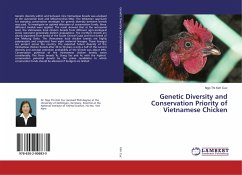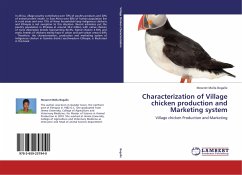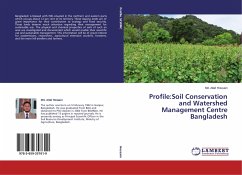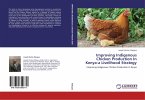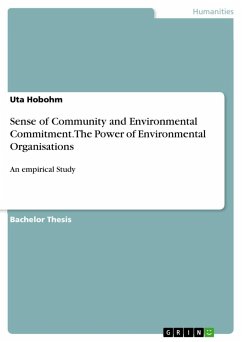Genetic diversity within and between nine Vietnamese breeds was analysed at the autosomal level and Mitochondrial DNA. The Weitzman approach for assessing conservation strategies for genetic diversity between breeds was used. To investigate an optimal allocation of conservation funds, three different models were applied. The result showed that at the autosomal level, the Vietnamese local chicken breeds from different agro-ecological zones represent genetically distinct populations. The northern breeds are clearly separated from breed of the South Central Coast and from breed of the Mekong Delta. The Vietnamese local chicken breeds are highly polymorphic and originated from eight maternal lineages. These lineages are present across the country. The expected future diversity of the Vietnamese chicken breeds after 30 to 50 years is only a half of the current diversity and average extinction probability of the breeds was about 49%. Conservation potential of the Vietnamese chicken breeds varies considerably. The three breeds Te, Dong Tao and Ac with the highest conservation potential should be the prime candidates to which conservation funds should be allocated if budgets are limited

